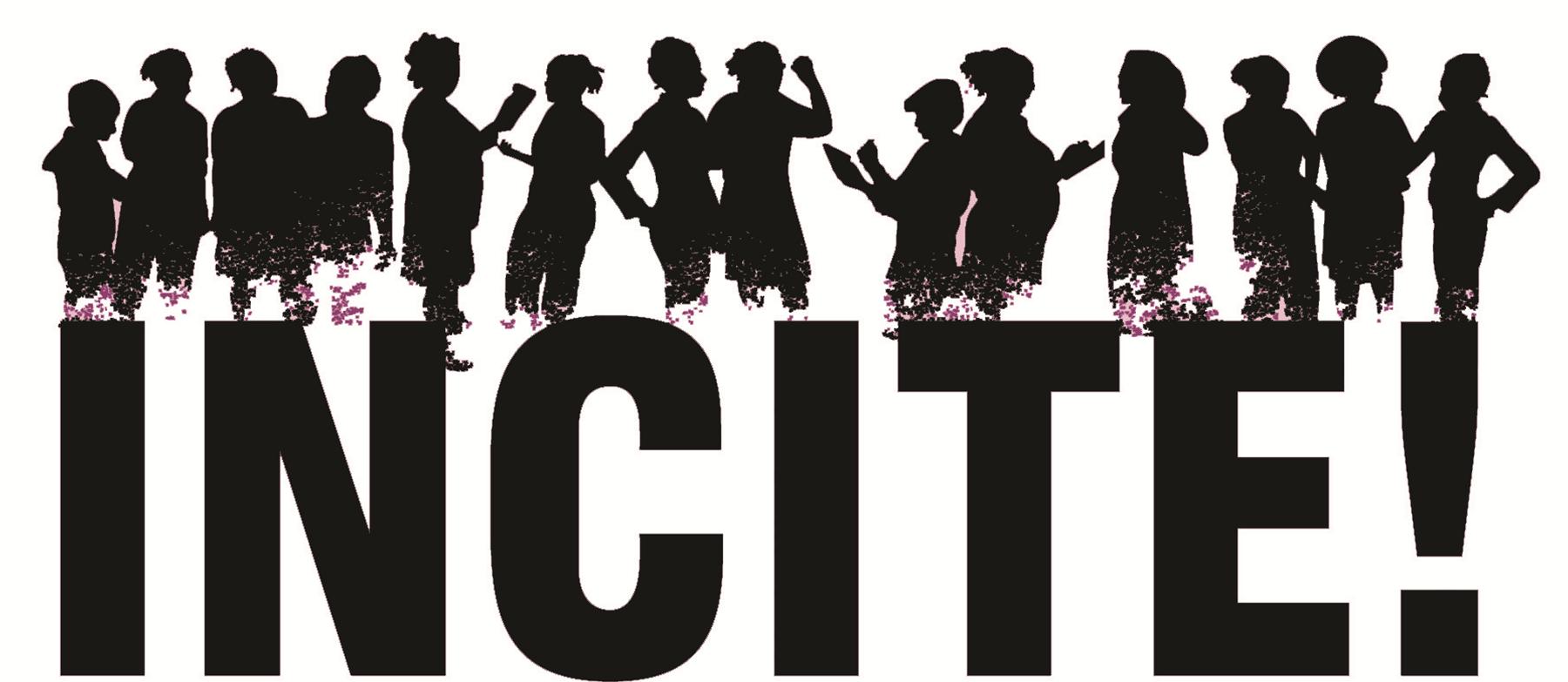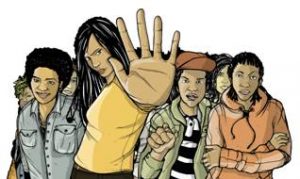Policing Native Women & Native Two Spirit and Trans People
The American Friends Service Committee reports that Native women in small communities in Maine were routinely profiled as prescription drug abusers, and, as a result, when detained in a Maine jail were routinely forced to undergo visual body cavity searches, which require women to bend over and expose their genital areas to officers, often while being subjected by sexualized and racist verbal abuse, as a matter of policy, while similarly situated white women were not. Native women organized and were successful in obtaining changes to the jail search policy and access to Native people detained in the jail.
Native peoples’ experiences of law enforcement violence are often completely erased from mainstream discussions of police brutality and immigrant rights. Yet, since the arrival of the first colonists on this continent, Native women and Native Two Spirit, transgender and gender nonconforming people have been subjected to untold violence at the hands of U.S. military forces, as well as local, state and federal law enforcement. Movement of Native peoples across borders with Canada and Mexico has been severely restricted, often by force, separating families and communities. The notion of “policing” was forced on sovereign nations and cultures that had previously resolved disputes within communities.
Gender specific forms of law enforcement and military violence against Native women and gender nonconforming people have included:
- Mutilation – US military soldiers would cut off the breasts and vulvas of Native women after massacring entire communities;
- Rape and sexual assault – in fact, as noted by Andrea Smith in her book Conquest: Sexual Violence and American Indian Genocide, rape and sexual violence have been integral weapons of genocide and colonialism in the Americas;
- Reproductive trauma and disease resulting from U.S. military testing and operations;
- Forcible removal – often by law enforcement and military officers – from families and communities to Indian Residential schools, where Native children were subjected to verbal, emotional, physical, sexual, cultural and spiritual abuse and neglect;
- Use of law enforcement to prevent women and Two Spirit/gender nonconforming Native people from accessing and practicing traditional healing and spirituality;
- Failure to protect Native women from sexual violence at the hands of non-Natives, as detailed in the recent Amnesty International Report Maze of Injustice: The Failure to Protect Indigenous Women from Violence.
Many these violations and their after effects persist in similar forms today. According to Amnesty International: “There have been complaints of brutality and discriminatory treatment of Native Americans both in urban areas and on reservations. Complaints include indiscriminate brutal treatment of [N]ative people, including elders and children, during mass police sweeps of tribal areas following specific incidents, and failure to respond to crimes committed against Native Americans on reservations.”
Additionally, Native women and Native Two Spirit, transgender, and gender nonconforming people are subjected to gender specific forms of law enforcement violence, such as racial profiling, physical abuse, and sexual violence.
For instance, at an October 2003 Amnesty International hearing on racial profiling held in Tulsa, Oklahoma, Geneva Horse Chief reported frequent traffic stops, during which no citations would be written, of cars with tribal license plates. Native women are also profiled as drug users, alcohol abusers, and as bad mothers.
For Native women, calling on law enforcement for protection from violence is often not seen as an option due to mistrust of law enforcement officials, given the US government’s continuing role as the perpetrator of genocide against Native peoples, as well as its ongoing failure to take action to protect reservation-based Native women from violence at the hands of non-Indians. For more information, check out Maze of Injustice: The Failure to Protect Indigenous Women from Violence.
Download full fact sheet on police violence & native communities (PDF)

